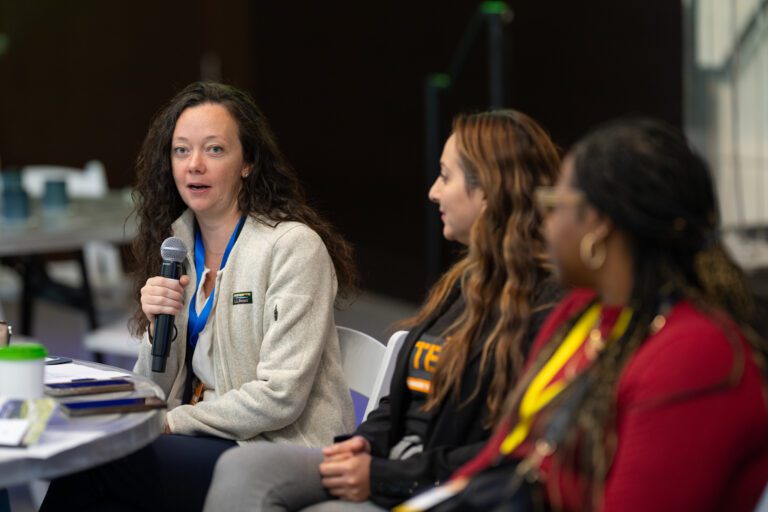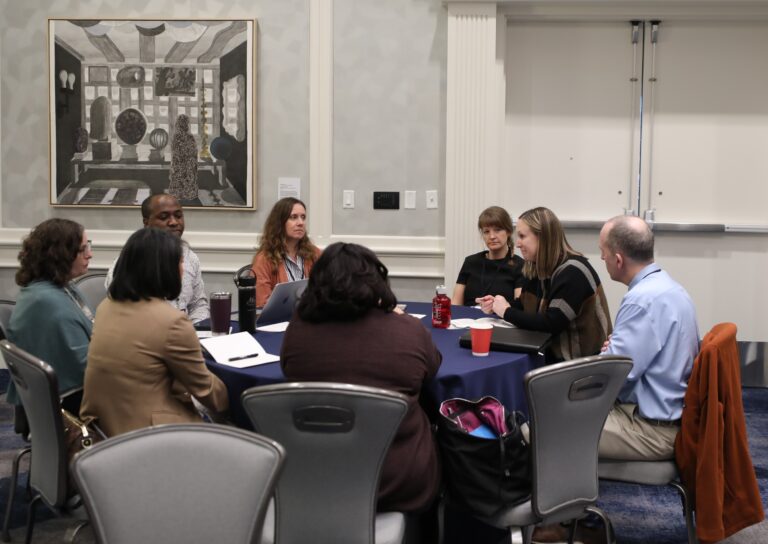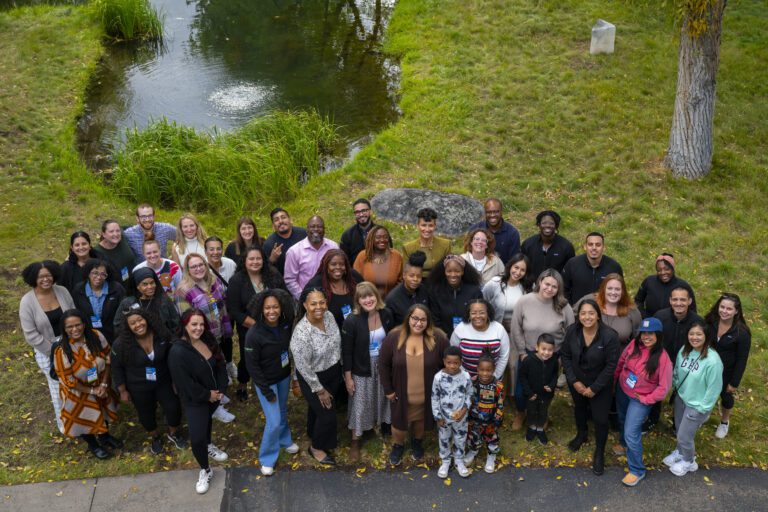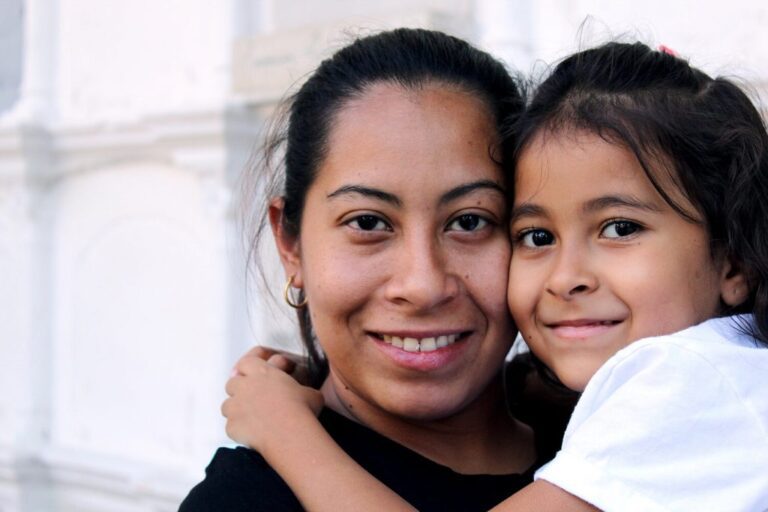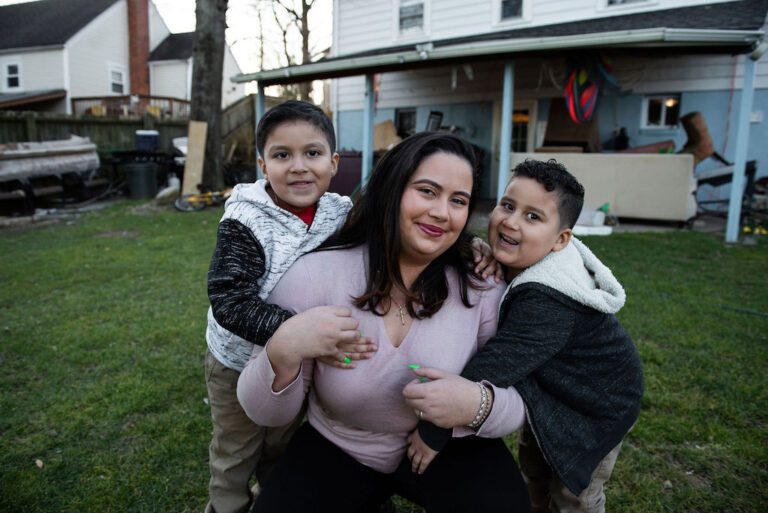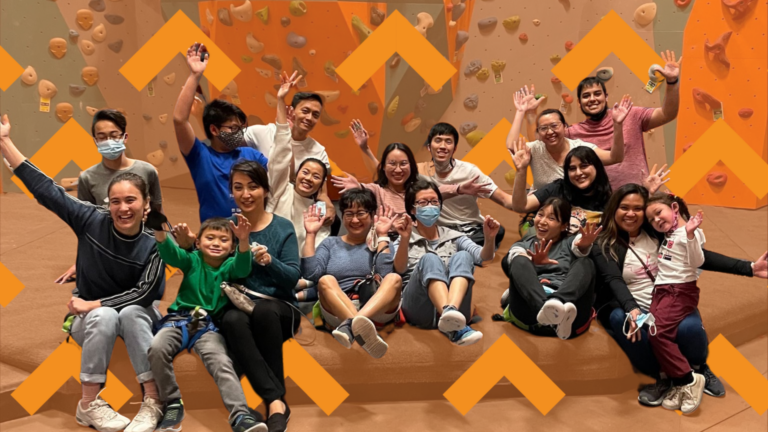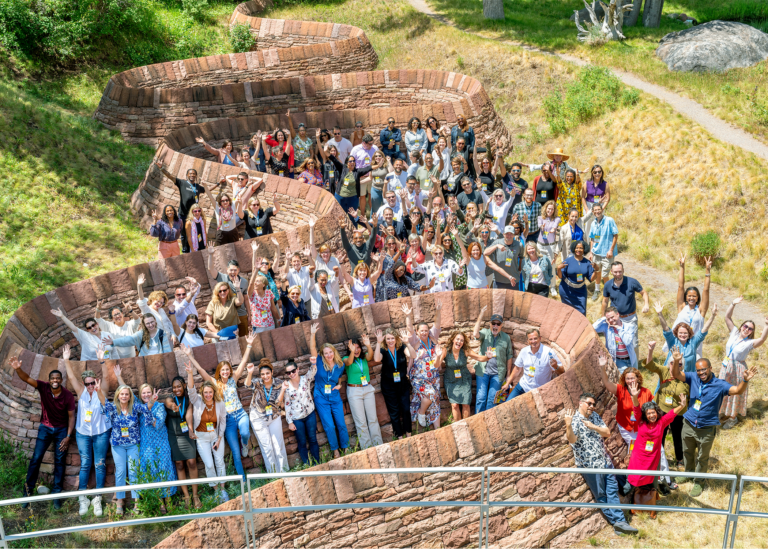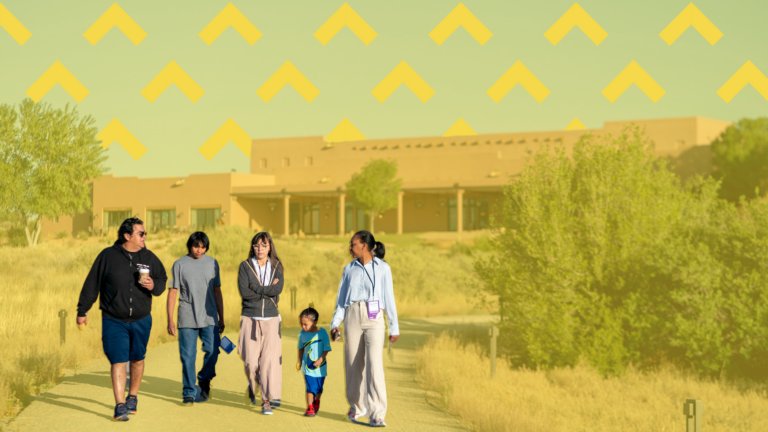Wisconsin Spotlighted in Case Study on 2Gen State Systems Change
Aspen Institute Releases Report Analyzing the State’s Investments in the Economic Mobility of Children and Families
Washington, DC
Ascend at the Aspen Institute today launched a report, A 2Gen Approach in Wisconsin: A State Case Study for Systems Leaders & Policymakers, which details the state’s policies and practices that support families holistically. Two-generation (2Gen) or whole-family approaches build family well-being by intentionally and simultaneously supporting children and the adults in their lives together.
Wisconsin has long embraced a 2Gen approach and it builds upon decades-long, ground-up, hyperlocal programs developed in small towns, suburban communities, and rural neighborhoods. Wisconsin’s human services leaders in state and county governments as well as in the nonprofit sector have worked to center child and family well-being, bringing systemic barriers to economic mobility into clear sight and allowing the state to serve as a prominent leader in the national 2Gen movement.
“We want all children to be safe and loved members of thriving families and communities,” says Emilie Amundson, the secretary of the Wisconsin Department of Children and Families (DCF). “The 2Gen approach has put families in the center of our agency’s policymaking conversations, and it’s really come across all our programs and our partnership with counties. I’ve been inspired to see communities really embrace 2Gen because it helps families thrive, it uplifts local innovations, and it saves money.”
“2Gen approaches are advancing throughout the country across different administrations, and Wisconsin is no exception to its enduring progress,” says Marjorie Sims, Managing Director of Ascend. “State leaders and partners across Wisconsin have undertaken a high level of work so that its systems reflect the reality that families’ lives and outcomes are interconnected. We are inspired by the policymakers, systems leaders, and practitioners in the state redesigning policies and services to drive equity, and we hope these real-world solutions generate new actions and ideas for other states and communities working toward family prosperity.”
This case study highlights effective approaches to advancing 2Gen in Wisconsin, including DCF-Funded pilots, a collective impact approach with shared public-private governance, and the use of braided funding streams. Some key opportunities surfaced in the case study to advance a 2Gen approaches within the state include:
- Leveraging federal funds to respond to the needs of local communities;
- Centering the lived experience of families and uplifting community voices;
- Looking to other states for models of whole-family approaches to garner bipartisan legislative support.
The full case study can be read in full here:
Findings are synthesized in an executive summary, and the report is organized to highlight insights from the state’s past, present, and future work. Lessons learned and recommendations address adaptive and visionary leadership, new relationship building, culture change, partnering with families, among other key takeaways.
###
Ascend at the Aspen Institute is a catalyst and convener for diverse leaders working across systems and sectors to build intergenerational family prosperity and well-being by intentionally focusing on children and the adults in their lives together. We believe in the power of co-creation. We are a community of leaders — well-connected, well-prepared, and well-positioned — building political will that transforms hearts, minds, policies, and practices.
The Aspen Institute is a global nonprofit organization whose purpose is to ignite human potential to build understanding and create new possibilities for a better world. Founded in 1949, the Institute drives change through dialogue, leadership, and action to help solve society’s greatest challenges. It is headquartered in Washington, DC and has a campus in Aspen, Colorado, as well as an international network of partners. For more information, visit aspeninstitute.org.
###
Contact:
Brendan Creamer
Communications Officer
Ascend at the Aspen Institute
brendan.creamer@aspeninstitute.org
Related Posts



